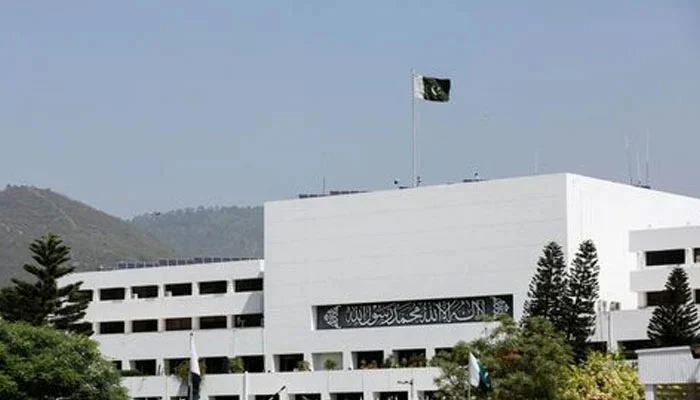The federal government of Pakistan is struggling to secure the numbers required to pass key constitutional amendments, falling short by 5 Senators and 7 Members of the National Assembly (MNAs). These amendments are critical to enacting political and legal reforms that could reshape governance in the country, but the opposition parties continue to resist, leaving the government in a precarious situation.
The ruling coalition has been working to gather support from independent Senators and MNAs to meet the “magic number” required to push the amendments through both houses of Parliament. However, with divisions within the ruling party and persistent opposition roadblocks, securing this number has proven challenging. Senate and National Assembly sessions in recent weeks have seen intense debates, with opposition leaders accusing the government of attempting to push through amendments that could centralize power.
In particular, the opposition is against amendments related to electoral reforms, which they believe would unfairly benefit the ruling party in future elections. Meanwhile, the government argues that these changes are necessary to strengthen democratic processes and ensure political stability.
Analysts warn that if the government fails to achieve the necessary votes, it could delay key reforms needed to address economic challenges and governance issues. With political tensions rising, the next few sessions of Parliament will be critical in determining whether these amendments can move forward.
